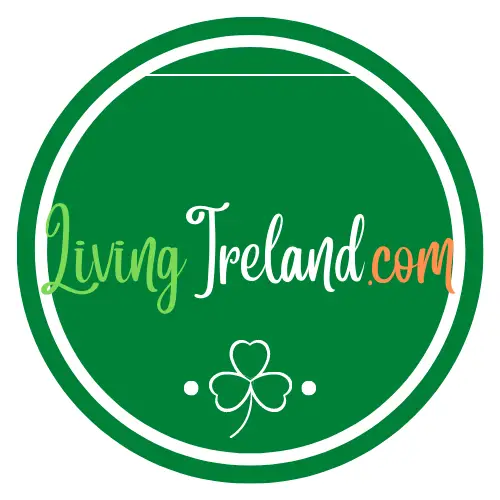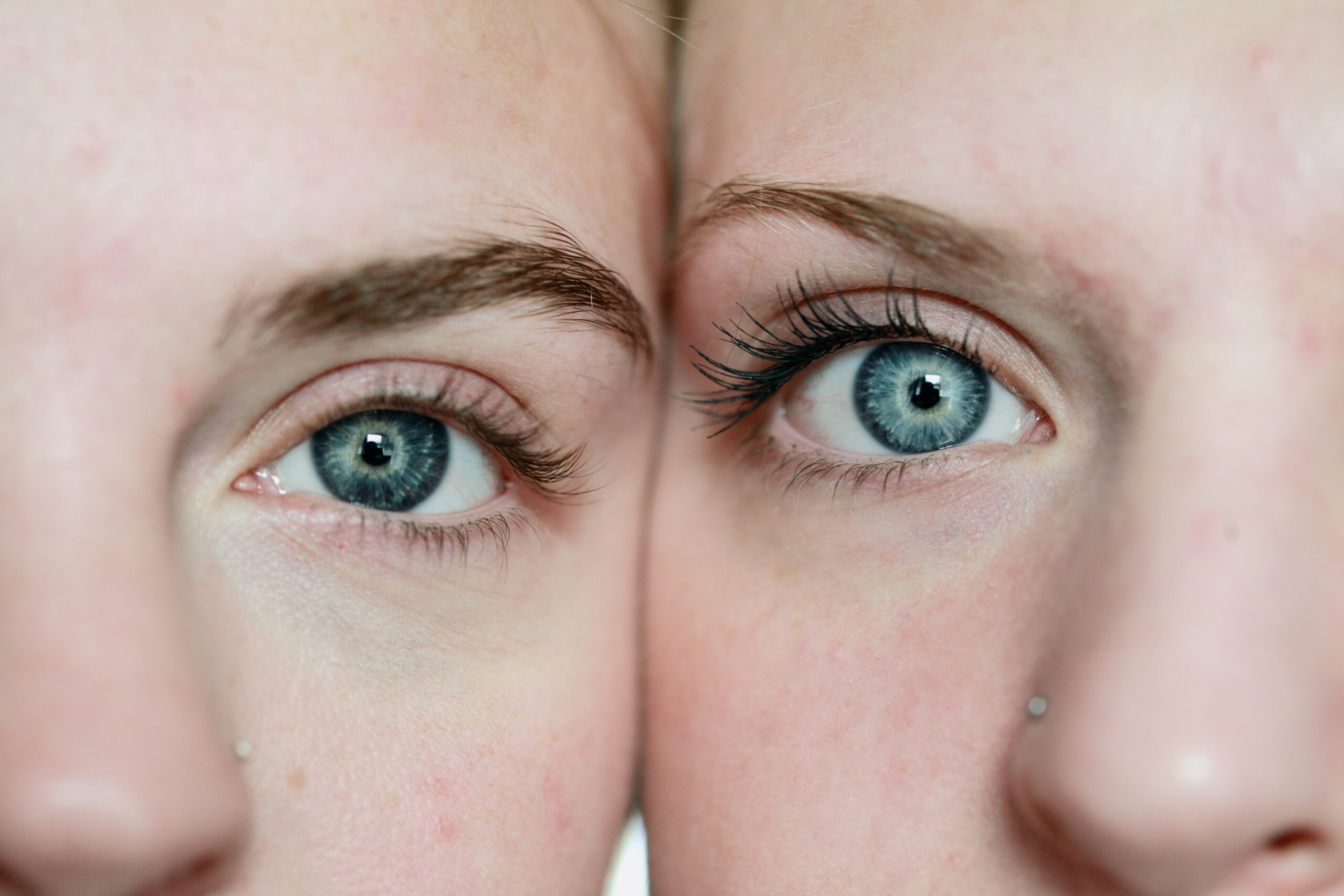What are Irish Twins and are they different to “traditional” twins?
The short answer is yes, they’re completely different. So let’s see what these specific differences are…
What are Irish Twins?
A very simple definition is Irish twins are siblings born less than one year apart from each other. It is a colloquialism or slang phrase which refers to siblings, regardless of gender, who share birthdays within a 365-day calendar year.
As you can probably guess, the term has absolutely zero connection to actual or traditional twins, also known as biological twins.
In that case, twins actually share the same womb and are born together.
Irish twins are nothing of the sort and the term has no medical reasoning or recognition.
Where does the Term “Irish Twins” come from?
The story of Irish immigration is well known.
For many, Ireland is a nation of immigrants, but unlike in the USA, they all left!
This growing diaspora and steady stream of immigrants leaving Irish shores created large influxes, particularly during the 19th and 20th centuries, and unfortunately this resulted in negativity in various forms.
The famous “No Blacks, No Irish, No Dogs” sign is well-known nowadays, but the origins of the term “Irish twins” less so.
Essentially, the Irish were considered to be dirty, uneducated, backwards and stereotypically known to have large families with many children born in quick succession. Whilst all of this was untrue and unfair, because no group is ever homogenous, it was true that many Irish families were larger than the average Protestant family in England, USA, Australia and other immigrant flashpoints.
This was partly due to the majority of Irish being raised Catholic, a religion that didn’t support birth control.
This gave rise to the term we now know as “Irish Twins”.
At that point it was considered a slur, but is it offensive nowadays?
Is the term “Irish Twins” offensive?
We’re becoming more aware than ever that certain names, phrases and terms can be offensive to specific groups.
So is the term “Irish Twins” offensive to Irish people?
As we’ve noted, the origins of the term aren’t particularly positive and the term was clearly used in a derogatory sense in previous centuries. As a result, the phrase will probably always be received negatively by certain groups or individuals.
However, the phrase is commonly used by people throughout Ireland (with many being completely unaware of the original negative connotations) so the reality is slightly different in the 21st century.
In most cases, you’ll probably get away with using the term but if you’re unsure, are speaking to people you’re unfamiliar with, or are visiting Ireland as a tourist or guest then it’s probably safer to avoid the term.
We hope you enjoyed this little slice of what is both Irish history, and present day life!

